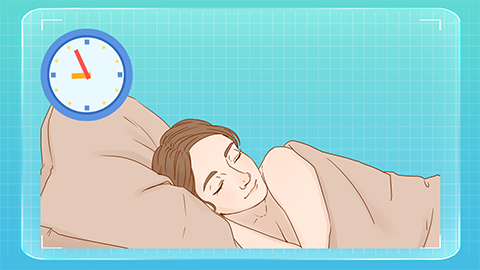Can you get heatstroke while sleeping at night?
Generally, if one sleeps for a prolonged period in a hot, stuffy, and poorly ventilated indoor environment at night, heatstroke may occur. However, if the sleeping environment is well-ventilated and maintains a comfortable temperature, heatstroke usually does not occur. If discomfort occurs, it is recommended to closely monitor your physical condition and seek medical treatment at a formal hospital when necessary. Detailed analysis is as follows:

If the indoor sleeping space is enclosed and poorly ventilated, and the outdoor temperature is high, heatstroke may result. In such environments, air cannot circulate effectively, causing heat to accumulate indoors and leading to persistently high indoor temperatures. While the body's metabolism slows somewhat during sleep, it still generates heat. A hot, humid environment hampers the body's ability to dissipate heat, making sweat evaporation difficult and allowing heat to build up internally. This may lead to symptoms of heatstroke such as dizziness, headache, general weakness, and elevated body temperature. Individuals with weaker temperature-regulating abilities, such as the elderly and children, face a higher risk.
If the indoor sleeping environment is well-ventilated—for example, by opening windows to allow air circulation or using fans or air conditioning to regulate the temperature—heatstroke generally will not occur. Suitable temperatures and good air circulation help the body dissipate heat normally, maintaining a balance between heat production and dissipation, thereby keeping the body in a stable state during sleep and preventing heatstroke-related discomfort.
During summer nights, it is not advisable to keep doors and windows tightly closed for extended periods while sleeping. Windows can be slightly opened for ventilation or cooling devices used appropriately, but direct exposure to air conditioners or fans should be avoided to prevent chilling. Additionally, drinking a small amount of warm water before sleep can help prevent dehydration caused by excessive sweating at night.







